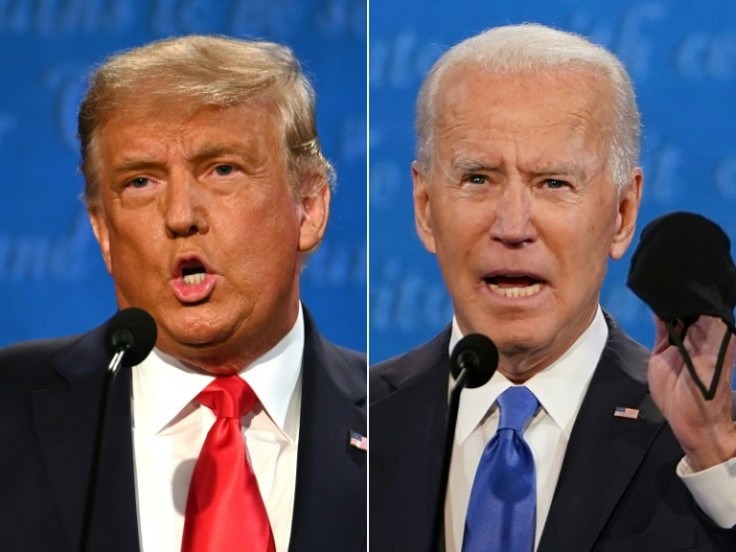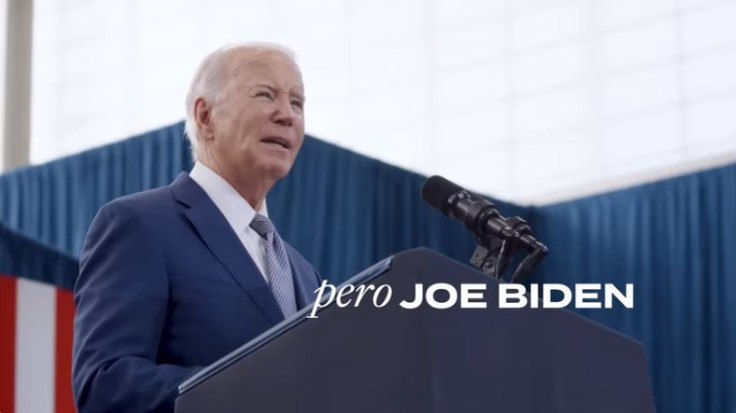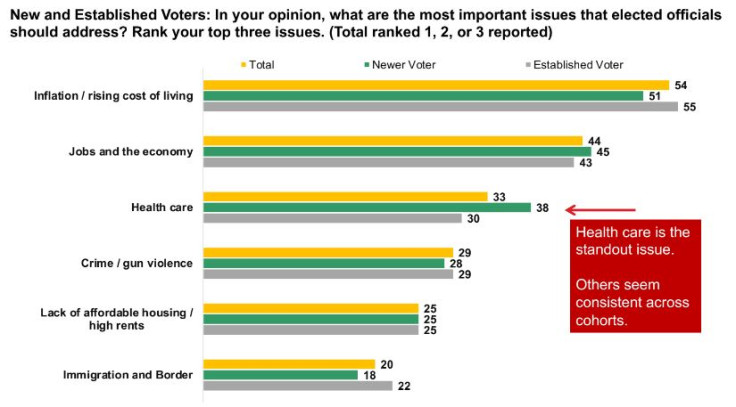
New and younger Latino voters, who comprise 20% of all Hispanic eligible voters, are poised to play a pivotal role in the 2024 election cycle. They tend to be much more undecided than their counterparts, as revealed by an analysis from BSP Research for UnidosUS, which was presented during a press briefing.
UnidosUS, the nation's largest Hispanic civil rights and advocacy organization, conducted the second installment of the Latino Vote Briefing Series. This series is part of the Latino Vote Initiative, which focuses on Latino candidate and party support by examining historical data and the results from the 'UnidosUS 2023 Poll of the Hispanic Electorate.'
The webinar 'Will 2024 Mark A Realignment of Hispanic Voters?' served as a catalyst for experts in Latino voting to delve into the electoral context. They specifically addressed the observed 'decline in Latino Democratic enthusiasm' compared to the peak levels during the Obama/HRC (Hillary Rodham Clinton) era.
Although the speakers highlighted that it will be necessary to wait for November results to confirm a real and long-term "shift" in the sentiments of Latino voters, there are two possible factors to take into account:
- Extant voters may be changing their intended behavior versus the past
- New voters may be entering the electorate holding views that differ from "more established voters."
"While we can see the drift, it is less clear whether it is episodic or long term. And to date, claims of widespread partisan switching have gone largely unexamined. Our results appear to identify newer younger voters as the group among whom sentiments appear to be shifting." Gary Segura, Ph.D., President and co-founder of BSP Research said.
Hispanics are the second-largest group of voting-age U.S. citizens and a crucial factor in determining outcomes for the White House, Congressional balance of power, and various state and local elections.

In 2024, an estimated 17.5 million Latinos are expected to vote, with 1 in 5 casting their ballot in a presidential election for the first time. When considering new voters since the 2016 Trump/Clinton matchup, the share of young voters rises to 38%.
"Among the most recent Latino registrants, nearly half (44.6%) are undecided, while just above one-fourth each prefer Trump or Biden. Based on these data, if we observe a significant shift on election day, new voters are the most potent source," said Clarissa Martínez De Castro, Vice President at UnidosUS Latino Vote Initiative.
UnidosUS 2023's Poll has shown that newer Latino voters are 14% less likely to identify as Democrats (45%) than more established voters (59%). They are also five points less likely to identify as Republicans (18%) than more established voters (23%).

Independence is the big winner, with 36% of voters in newer cohorts identifying as independent or non-partisan, compared with just 18% of established voters.
"Latino voters have often been taken for granted, and that has been reflected in the levels of outreach and investment they receive," Martínez De Castro said. "These findings put an even greater exclamation point on the need for candidates and parties to engage these voters early and meaningfully if they want to win over their support."
In an effort to attract that population, the Biden campaign this week launched the second Spanglish ad of this election cycle that speaks directly to health care, the most important issue for young Latino voters according to UnidosUS's poll findings.
While 38% of Latino new voters choose healthcare as one of the most pressing issues elected officials should address, the share falls to 30% among "established voters."
Using a mix of English and Spanish in the video can also be seen as an attempt to empathize with Latino youth, who could swing critical races in battleground states.
Young Latinos are more likely to be English-dominant, and studies have shown that the percentage of Hispanics who speak Spanish at home has declined over the past decade. Meanwhile, the Trump campaign, which has also released Spanish-language ads for 2020, hasn't spent any money on them so far this cycle.
"Democrats are starting to invest in these ads in this electoral cycle. And I think there's a couple of reasons. One is that the President's campaign can read that he's not doing as well among Latinos as his predecessors did or even as he did four years ago and that's something he simply cannot afford," Segura told The Latin Times.
"The second reason is he knows that some of that unpopularity is rooted in young people and Spanglish is a way to communicate to two audiences at the same time while simultaneously signaling a cultural sensitivity but still being able to communicate with English dominant folks, which many young people among the Latino community are."
"I think it's an interesting strategy for him. I have no idea if it's going to pay off," he added.
Latino vote in 2024's elections
Here are the five most important findings of UnidosUS research regarding Latino electorate in the United States:

1- There is a significant difference between long-term registrants and voters new since 2016.
- They are less Democratic than more established voters and less supportive of the president.
- However, they remain largely suspicious of the GOP.
2- Most of these new voters are young voters:
- Their issue agenda does not vary appreciably from that of more established voters except on the importance of health care.
- This suggests their potential drift is not issue-based but rather based on their views of the parties as institutions.
3- Trends in partisanship appear confined to a Democratic bleed into independence and non-partisanship, a long-standing if growing feature among younger and Latino voters.
- Younger voters are SIGNIFICANTLY more independent, and less Democratic or Republican than more established voters.
4- Trump is doing not much better than he did in 2020 among Latino registered voters. But President Biden is doing worse, with Democratic erosion moving to "undecided."
5- Meaningful outreach and effective engagement with these voters will be decisive.
© 2025 Latin Times. All rights reserved. Do not reproduce without permission.





